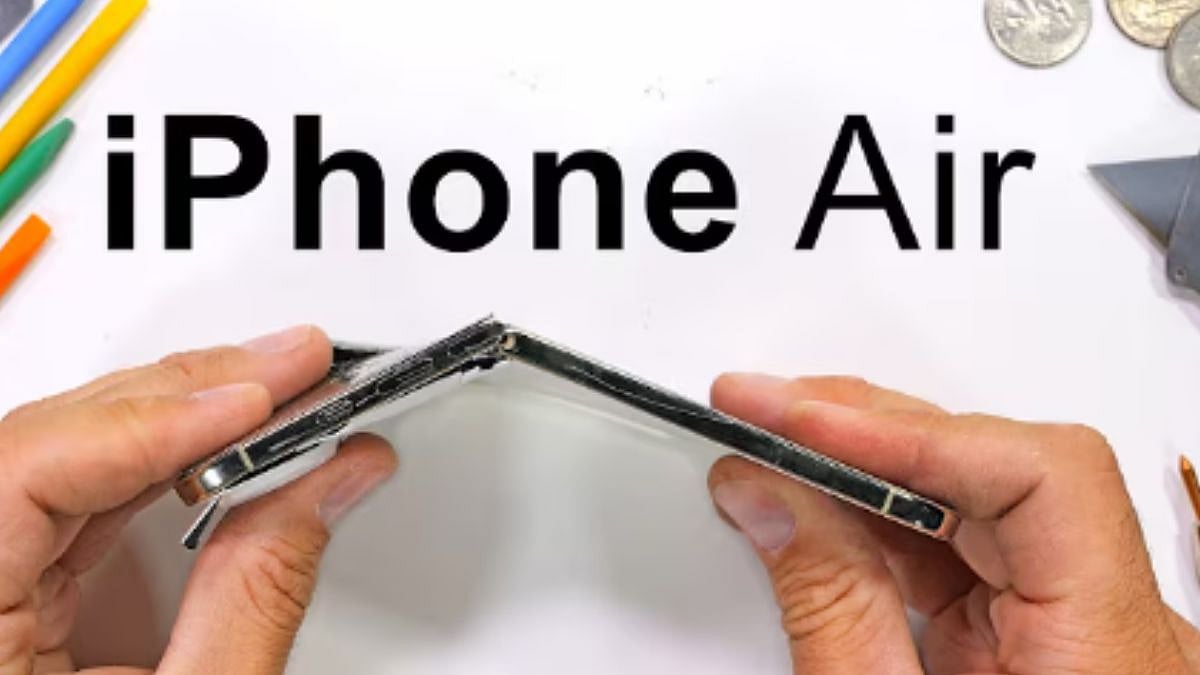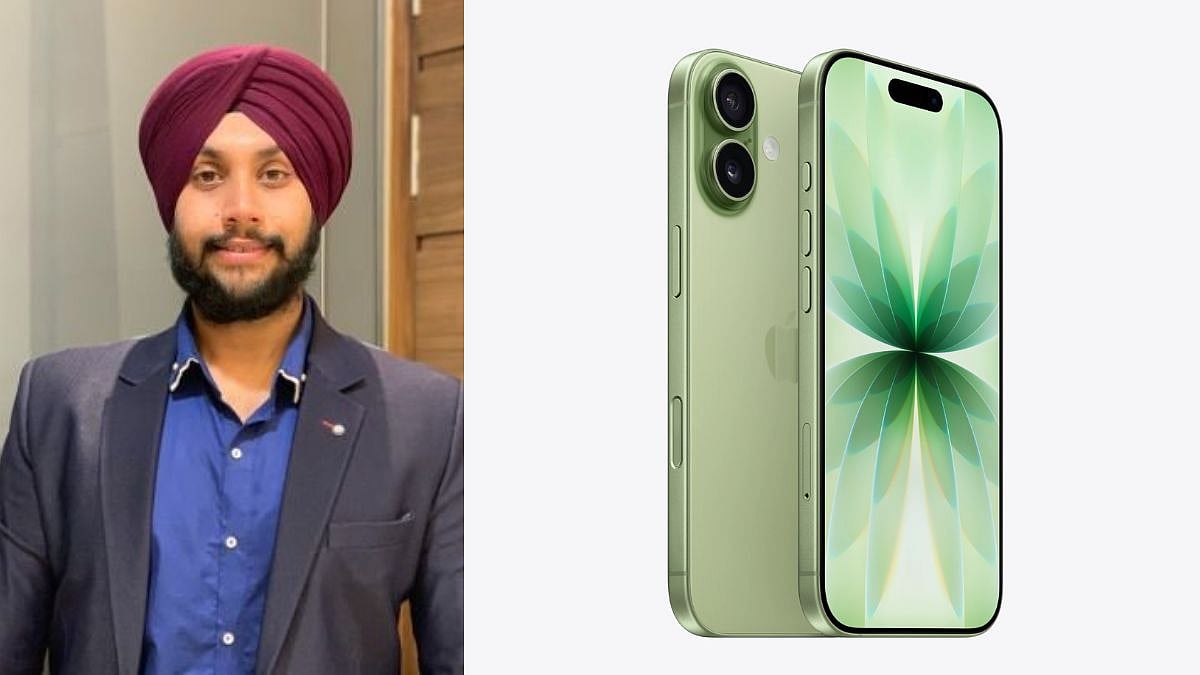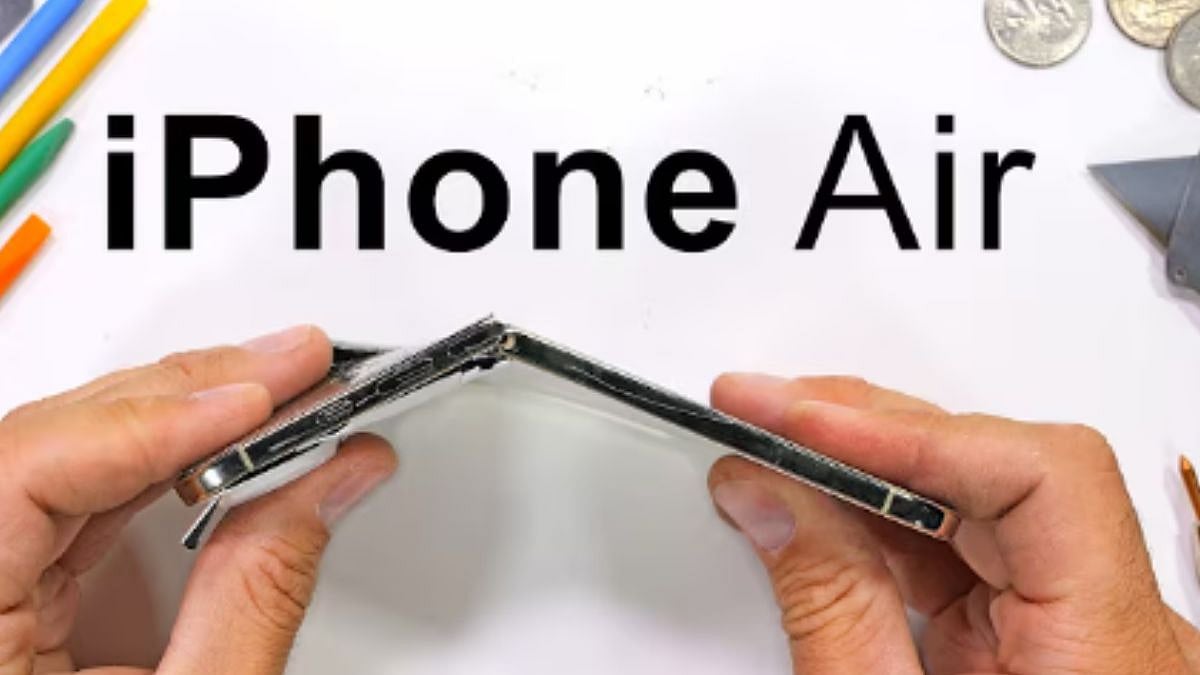The hype built around slim smartphones by Apple, didn't last very long. iPhone Air demand has been very poor. Apple's production for the first-generation iPhone Air has been wound down dramatically, and suppliers and engineers have been notified of a possible 'indefinite delay' in the launch of the iPhone Air 2 as well. Learning from this, Chinese manufacturers like Oppo, Vivo, and Xiaomi have also reportedly cancelled or indefinitely postponed their ultra-thin smartphone projects.
The decision marks a collective retreat from what many industry watchers and Apple had anticipated would be the next major trend in smartphone design. According to supply chain reports from DigiTimes, the cancellations come in response to sluggish demand for Apple's slim device and current supply chain constraints affecting the industry.
iPhone Air falls short of expectations
The iPhone Air remained available for immediate shipment even after the iPhone 17 Pro went into backorder, signaling weak consumer interest from the outset. Apple has reportedly reduced manufacturing orders to levels typically seen near the end of a product's lifecycle, a stark indicator of the device's underperformance.
The tepid reception has had ripple effects throughout Apple's supply chain. Foxconn has reduced their iPhone production lines, and Luxshare has completely halted its iPhone production. Adding to the turmoil, the key designer behind the iPhone Air recently departed Apple, and the company has reportedly delayed development of a successor model.
Industry-wide retreat from slim designs
The iPhone Air's struggles have created a domino effect across the smartphone industry. Samsung's Galaxy S25 Edge has faced similar challenges, with the Korean giant reportedly cancelling plans for next year's model due to poor sales performance. Earlier expectations that Samsung would include a new Edge variant in the Galaxy S26 lineup have been abandoned following the Galaxy S25 Edge's disappointing market reception.
Chinese manufacturers, who were developing their own ultra-thin Android devices to compete with Apple's offering, have reportedly taken note of these market signals. The cancellations by Xiaomi, Oppo, and Vivo represent a significant strategic pivot, as these companies collectively hold substantial market share in the global smartphone industry.
Market implications
The coordinated pullback from ultra-thin designs suggests that consumers may prioritise other features over slim form factors. Industry analysts point to potential concerns about battery life, durability, and the practical trade-offs required to achieve ultra-thin profiles as possible factors in the lukewarm market response.
Notably, Motorola has bucked the trend, recently launching the Motorola X70 Air in China and the Motorola Edge 70 in Europe and the Middle East, making it one of the few manufacturers still pursuing the ultra-slim category.









